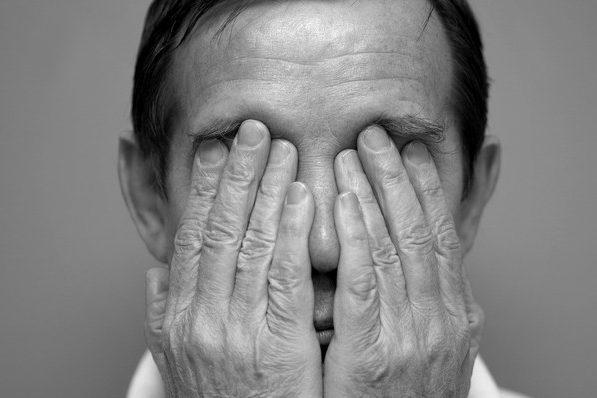Déjà vu. I am with the family of a patient who has terminal cancer and we need to discuss end-of-life planning. We are setting the base before we all meet with the patient, so that questions and concerns can be handled and perhaps avoid conflict. Everyone understands that the disease is advanced and that further chemotherapy is not indicated. We all agree on pain control and comfort care. However, when I open the discussion of how we are going to get the patient home, a family member says, “do not use the word hospice, that means death.”
Now, I am not without empathy. I know that bringing hospice into our discussion says that a problem is present from which the patient will eventually die. That is a tough idea. The problem is that many people confuse hospice with accelerating death. They think only of morphine drips, stopping needed medicines and starvation. This common reaction still surprises me. For I believe hospice is life.
If a patient has a terminal illness for which there is no reasonable treatment, our goal should be to bring quality to the time that remains. It is vital to understand that the end of life is not about being dead…. the end of life is about living. If we can control pain, shortness of breath, anxiety and other disruptive symptoms, than there is much to be lived, even in our final days. We can learn, teach, share, give and love each other. Who better to guide a grandchild about what she wishes for the child’s future, than the grandmother? Obtaining quality, comfort and dignity at life’s end is the goal of palliative care and hospice. With terminal disease the fact of coming death is decided, but the opportunity to live well must be seized.
There are several reasons for the confusion regarding the true goals of hospice. First, superficially, most people who go on hospice do indeed die. Therefore, from the outside there may seem to be a cause and effect relationship. I.E. Go on Hospice …Hospice makes you die. It may be difficult to see that the patient is living better and perhaps longer. Second, we often delay in calling hospice to the very end, when things may be desperate with symptoms out of control. I cannot count how many times I have seen hospice called during the last two days of life. Then hospice can have relatively little benefit and may in fact have to be very aggressive with medications just to achieve comfort.
I think we can be confused by the legal Medicare Hospice requirement that an estimation of life less than 6 months must be made for a patient to enter hospice. It is important to understand that the 6 months can be renewed without limit. Occasionally I have seen patients on hospice for more than a year. Not infrequently “terminal” patients given the quality and support of hospice actually regain their health enough to leave hospice. Some of them live for years after, or are healthy enough to resume active cancer care if needed.
Finally, I think hospice is confused with death because of the way in which we handle these conversations. Instead of planning when we are relatively well and have time to discuss end-of-life from a perspective of health, we wait until the last minute. Then, as everything is deteriorating we suddenly have to mix statements about failing therapy, progressive disease, limited prognosis and terminal care, all at one time. Thus, we take a short hop from, “you are doing fine” to, “let us talk about hospice.”
Hospice can give weeks or months of quality life to a patient and family. In addition to controlling symptoms hospice helps with planning and coping. In this difficult time hospice acts not only as caregivers, but as guides. This can increase the patient’s independence and assure dignity during this part of their life. Remarkably increasing data shows that instead of treating a terminal patient with failing chemotherapy, if you just control symptoms the patient will not only live better, but significantly longer.
Hospice can be a tremendous assistance and gift to a patient and family, going through an end-of-life experience. It provides hope for comfort, quality and dignity. It brings people together. This is precious time, which can be lived well. Life giving hospice can help.







8 Comments